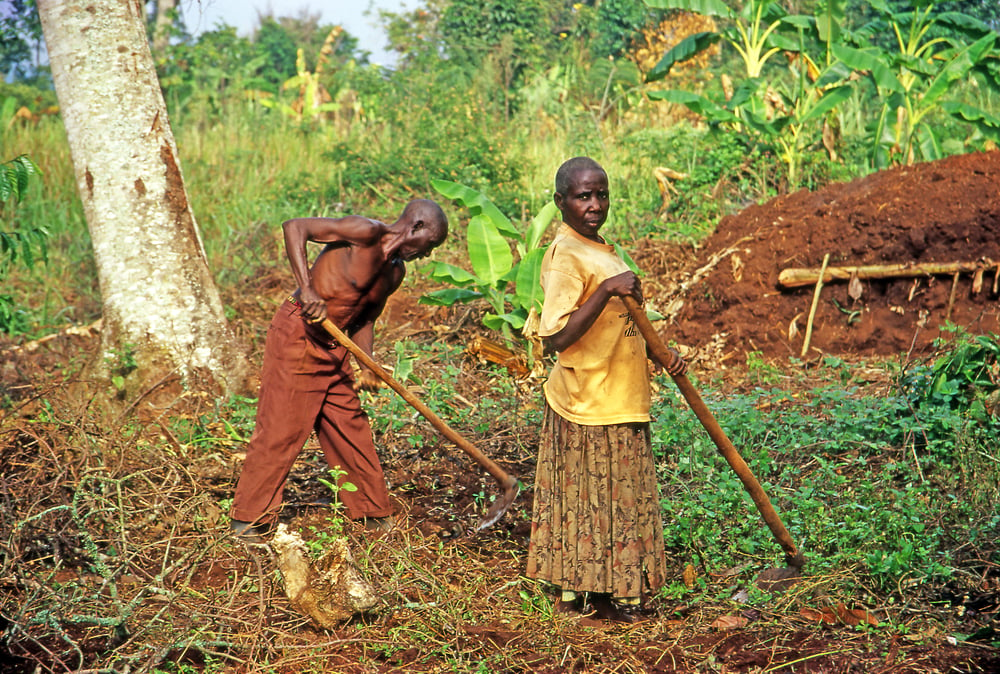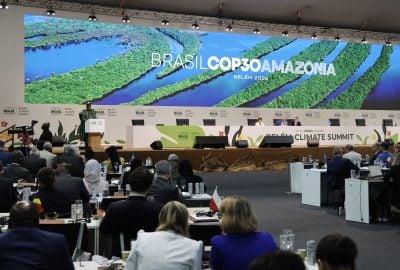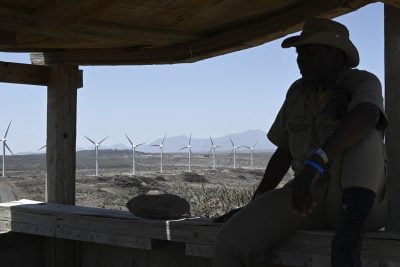For many nations in Africa, the turn of the New Year was marked by a sense of hope. After a period of economically damaging lockdowns – the only public health tool at most African governments’ disposal owing to a continent-wide dearth of vaccines – economies are now beginning to reopen. We are at last embarking on our respective, though interconnected, journeys to economic recovery.
For many of us, this means an urgent need to fast-track our industrialisation agendas, which have been slowed – or in some cases halted entirely – by the pandemic.
In Uganda, some two years of lockdown of the entertainment, tourism and night economies have exerted pressure on productivity. The manufacturing and light assembly sectors hold the most promise of creating the kinds of jobs that can put our economy back on track.
Moreover, like most African economies, ours is dominated by agriculture, with some 70% of our near 50m population employed by the sector. Many of these are small-holder farmers, who lack sufficient access to crucial services like finance and banking. Making the shift from raw materials exports to agro-processing is critical therefore not only to our post-Covid economic recovery, but to bringing millions out of poverty in general.
Restrictive trade policies keep Africa prisoner
However, the lingering economic impact of the pandemic is not the only hurdle to our efforts to industrialise. Restrictive trade policies from wealthy, western countries and blocs keep African countries chained to raw materials exports while hampering our efforts to move up the manufacturing value chain.
These policies keep Africa prisoner, while making the countries and blocs that implement them wealthier still. It is of course natural that any trading entity should seek terms most favourable to them. But the deals African countries are forced into are unique in just how lopsided they are; and more so in how they are prevented from making any progress to improve their lot.
It is difficult to distinguish such relationships from the colonial-era protectorates of the past.
EU’s coffee tariff punishes producers
The most prominent offender in this regard is of course the most powerful trading bloc in the world: the European Union (EU). There are too many examples to list, but one of the most egregious that illustrates the issue is coffee.
The EU slaps Africa with punishing tariff charges on processed, roasted coffee, but not unroasted, raw green beans. Naturally, this deters our coffee producers from investing in the technology to process the commodity while bullying them into exporting it raw.
To add insult to injury European countries can then process and re-export for great profit – and at great expense to poor African farmers. In 2019 Uganda earned just $470m from over 250,000 tonnes of coffee exports; Switzerland earned some $2.2bn from processing and re-exporting just 80,000 tonnes. Indeed, all Africa earned just $1.5bn from the crop in 2014. Yet Germany, a leading processor, earned nearly double that from re-exports.
African markets flooded with subsidised goods
Moreover, lopsided EU trade agreements see African countries flooded with cheap, subsidised goods while able to export little in return. Africa imports a staggering 80% of its food, despite being a continent dominated by agriculture.
The impact on the farmers of what are already some of the poorest countries in the world is obvious. They simply cannot compete. Again, punishing EU standards require heavy investment in the value chain for African produce, which prevents African producers from improving their productive capabilities beyond raw exports.
Still, African leadership must take some culpability. More than 60 years since the end of direct colonialism and there has been little urgency in efforts to modernise agriculture, enhance intraregional cooperation and foster unity on matters of security, trade and investment.
Africa should speak with one voice through the AfCFTA
The recent establishment of the African Continental Free Trade Area (AfCFTA) promises some hope in providing African nations for the first time a platform to trade as a bloc and speak with one voice. But if divisive EU trade policies continue to create incentives for struggling, individual African nations to enter into separate and typically unfavourable bilateral agreements, the issue can only persist.
As a result, many African nations are today aggressively seeking to diversify their export markets. In Uganda, for example, we have been actively building ties with the Middle East and particularly member countries of the Gulf Cooperation Council.
We made a strong showing at Dubai Expo where Uganda secured some $650m of investments in just two weeks – the start of our broader ambitions to secure some $4bn for our economic recovery and to fast-track our industrialisation agenda. Closer to home, we are approaching our regional economic community of Eastern and Southern Africa (COMESA) with a renewed focus – a $760bn market with a youthful population of some 600m.
We must be treated as equals, not serfs
But we do not want to lose access to the world’s largest trading bloc. We just want to be treated like equals and partners, not serfs.
We have a lot to offer. Africa’s collective population is one of the world’s youngest and fastest-growing – projected to double by 2050 and with a median age of less than 20. We are a continent of innovators and entrepreneurs – Uganda alone is a leader in electric vehicles – including Africa’s first solar-powered bus – and a key driver of the African HealthTech revolution that has flourished during the pandemic.
We will seek partners where we can, but it is partners, not imperial-era protectorates, that we want.
Odrek Rwabwogo is a Ugandan agriculture entrepreneur and senior advisor to the president of Uganda on exports and enterprise building for young people.
Want to continue reading? Subscribe today.
You've read all your free articles for this month! Subscribe now to enjoy full access to our content.
Digital Monthly
£8.00 / month
Receive full unlimited access to our articles, opinions, podcasts and more.
Digital Yearly
£70.00 / year
Our best value offer - save £26 and gain access to all of our digital content for an entire year!
 Sign in with Google
Sign in with Google 



